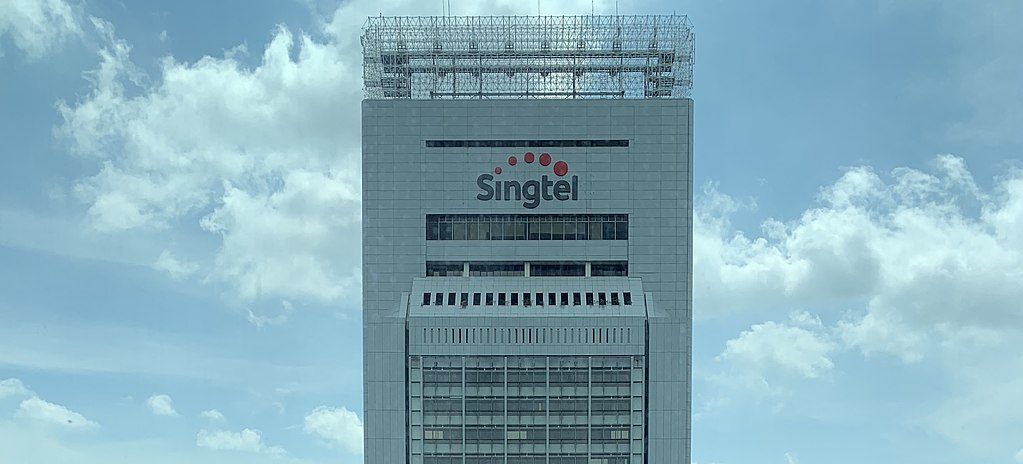

Building high speed broadband networks (HSBN) has become a signature theme of national information infrastructure policies around the globe. The Asia Pacific is not short on the issue. Japan and South Korea have long vied to become the most connected societies in Asia, and twice Korea has taken the lead only to be surpassed by Japan, once in fixed broadband lines, notably fibre, and now in broadband mobile as Korea treads water on Wibro while Japan prepares to leapfrog to LTE.
Hong Kong boosts residential connections of 100Mbps and more; while Malaysia, woefully behind in broadband penetration rates, has opted to subsidize the partially state-owned incumbent, TM (Telekom Malaysia), and promised non-discriminatory open access. But just how that will work out is not yet very clear. New Zealand has moved in the direction of operational separations, while Australia is in the throes of deciding its strategy, which seems to be the structural separations model. This is the model currently being implemented in Singapore.
Separation is gaining its advocates. BT in the UK was pressured by the regulator in the US to accept accounting separations between its network operations, wholesale and retail units, and now the FCC in the US is said to be considering the option. The city of Boston in the USA has proposed it for a municipal HSBN. Singapore’s model is perhaps the most clear-cut in terms of structural separations, and that is where the problem lies. Singapore’s model is not that clear-cut, and yet it seems to be a possible standards setter.
Wherein lies the problem? The rules of the game in Singapore, as determined by the regulator, the iDA, effectively allow SingTel, or any other significant player, to re-enter the market with their own broadband network as an OpCo, responsible for the active infrastructure on top of the NetCo’s GPON. This makes good sense in terms of offering an additional option to (i) leasing capacity from NetCo, the wholesale operating company OpenNet, (ii) buying bitrate services from NetCo, or (iii) the reseller co-locating network LAMs (local access modules or modems) in an OpCo’s exchanges.
However, it makes no sense at all in terms of offering SingTel the opportunity to pass on below-market rates to SingTel-related resell companies. This problem is currently hypothetical, and much depends upon the long run incremental costs of NetCo and OpCo, but LRIC are always subject to accounting methods. SingTel has fully depreciated ducts and copper cables. The terms of compensation to SingTel for the delivery of physical resources to NetCo, an inventory of what those resources will be, and the conditions governing equal access to broadband lines outside the NetCo/OpCo environment, all remain unknown by the market at this point in time.
Transparency is supposed to be an aspect of structural separations, but so far it seems not in this case. The term ‘equal access’ is widely used as a term of art within the industry, but the devil is always in the details, and pinning these down in Singapore seems devilishly difficult.